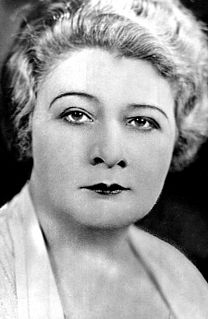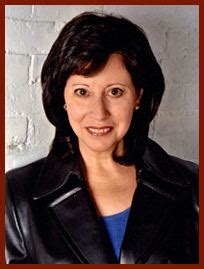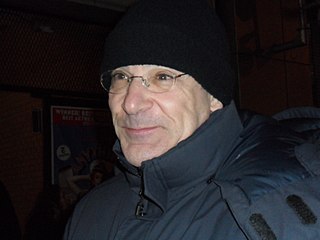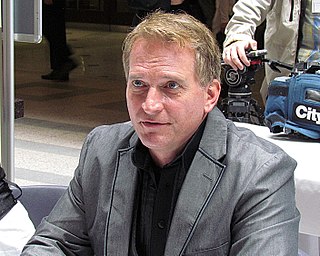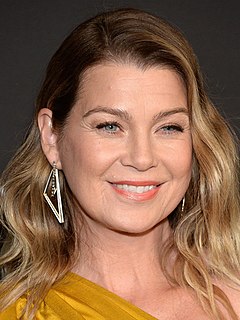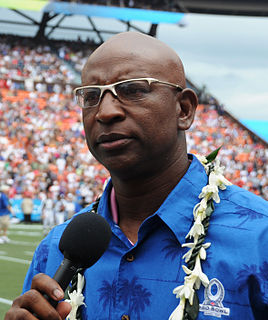A Quote by Amy Bloom
My sister and I used to act as maids and waitresses at my great aunt and uncle's cocktail parties, which were very much sort of retired, minor stars of the Yiddish theater and the Yiddish opera.
Related Quotes
I have another aspect of my career where I'm a scholar of Yiddish and Hebrew literature, and I'll say that when you study Yiddish literature, you know a whole lot about forgotten writers. Most of the books on my shelves were literally saved from the garbage. I am sort of very aware of what it means to be a forgotten artist in that sense.
Even though I loved the song [My Yiddish Momme] and it was a sensational hit every time I sang it, I was always careful to use it only when I knew the majority of the house would understand Yiddish. However, you didn't have to be a Jew to be moved by 'My Yiddish Momme.' 'Mother' in any language means the same thing.
Yiddish, originally, in Eastern Europe was considered the language of children, of the illiterate, of women. And 500 years later, by the 19th century, by the 18th century, writers realized that, in order to communicate with the masses, they could no longer write in Hebrew. They needed to write in Yiddish, the language of the population.
I was raised by my great-great aunt. I was adopted within our family. My mother had me when she was, I think, 15, 16. They tried to get her to have an abortion and she refused. So, my 'mama' adopted me, which was really her great aunt, which was really my great-great aunt, who was named Viola Dickerson. I was told that my mother was my sister.


